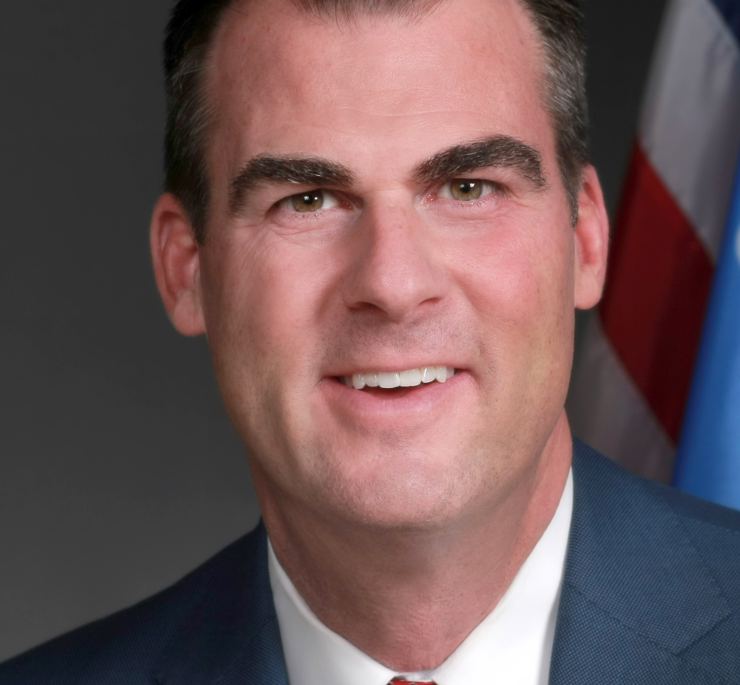Oklahoma is investigating its largest virtual charter school operator, which is suspected of embezzling millions of dollars from the state through fraudulent enrollment of students.
Epic One-on-One Charter School, based in Oklahoma City, also operates in Orange County, California. In Little Rock, Arkansas, the Pulaski County School Board this year considered using Epic, which would receive $6,000 per student in state funding. Under Arkansas law, the school district would receive a 10% commission per student referred to the charter operator.

Virtual charter schools operate online without physical classrooms and often provide services to home-schooled students.
Several states have uncovered fraud at virtual schools using taxpayer funds. A large virtual charter school in Ohio was ordered to repay $80 million after allegations of fraud last year. Indiana investigators say two virtual charter schools received public funding based on inflated enrollments and have ordered the school to return $40 million.
Detailed allegations of criminal acts were cited in an Oklahoma Bureau of Investigation affidavit supporting a search warrant request in state district court.
The “for-profit scheme” allegedly involved use of “ghost students” who had either once been enrolled but moved or whose families were paid to enroll them. Some enrollees were students at private schools in violation of state law, the affidavit alleges.
The charter operator has been the subject of several investigative stories by the nonprofit news organization
“We will continue to cooperate with investigators, as we have throughout the history of our school,” co-founders David Chaney and Ben Harris said in a joint prepared statement. “We are confident the facts will once again vindicate our team.”
In a
Oklahoma State School Superintendent Joy Hofmeister called the allegations from OSBI "extremely serious and disturbing."
"The State Department of Education stands ready to work with any criminal investigation to determine if public education and countless Oklahoma taxpayers have been defrauded of millions of dollars," Hofmeister said in a statement. "In the meantime, it is important to let the legal system do its work. For the sake of Oklahoma students and families all across the state, we must ensure accountability of all education funding.”
Oklahoma had just four statewide virtual schools in 2018-19, but those schools reported more than 25,000 students, according to Oklahoma Watch.
The school is overseen by the Statewide Virtual Charter School Board, a state agency with a staff of three and a governor-appointed board.
Oklahoma Gov. Mary Fallin ordered an audit of the virtual charter schools in 2013, and the findings were turned over to the state attorney general but no action was taken, according to news reports.
Oklahoma lawmakers in this year’s session passed House Bill 1395, by Rep. Sheila Dills, R-Tulsa, and Sen. Dewayne Pemberton, R-Muskogee, requiring virtual schools to be subject to the same financial reporting and audits as school districts, and requiring virtual charters that contract with managing organizations to detail how funding is spent.
Sen. Ron Sharp, R-Shawnee, a former history teacher, asked the Legislature to withhold Epic’s funding for 2019-20 until the investigation is complete.





